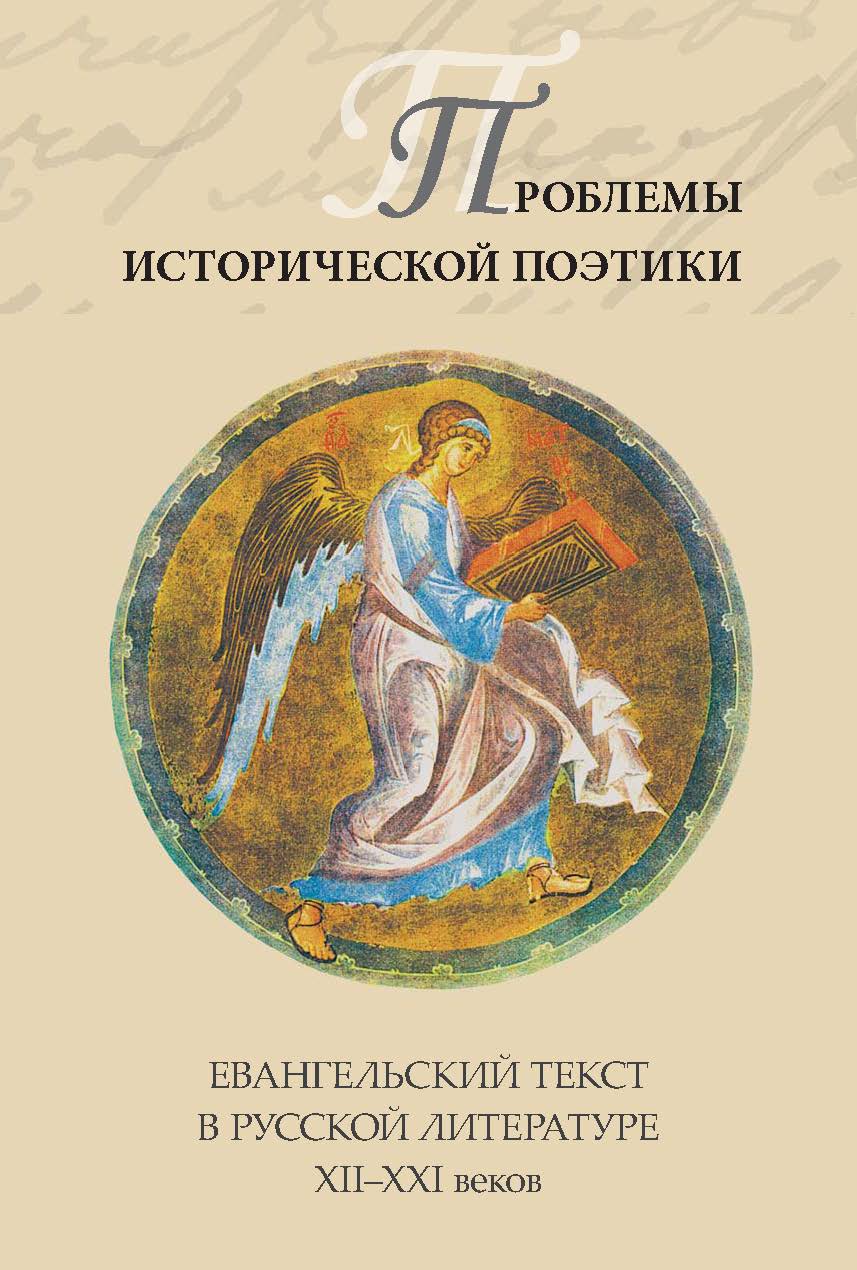ХРИСТИАНСКАЯ СИМВОЛИКА И КАЛЕНДАРЬ В ПОЭМАХ Е. А. БОРАТЫНСКОГО
CHRISTIAN SYMBOLS AND CALENDAR IN YEVGENY BORATYNSKY᾿S POEMS
Author(s): Lyudmila StebenevaSubject(s): Language and Literature Studies, Literary Texts
Published by: Петрозаводский государственный университет
Keywords: romantic poem ; poetics of contrasting motives;folklore; the Orthodox calendar ;
Summary/Abstract: The calendar symbolism is always a component of the artistic message of the author (usually by filling in the dates of the Orthodox calendar). Although the time in Boratynsky's poem Eda is poetically clichéd, some folklore meanings still can be traced in the sensual atmosphere of the “magical” spring. In all three poems the author demonstrates the destructiveness of love passion in the destiny of the heroines. In the romantic poems Eda and The Ball the theme of love temptations is developed by contrasting motifs of darkness of the night and glowing “light” of the romance. At a decisive moment for the heroines the artifact of the Orthodox culture presents a certain barrier from the fatal step, a reference point in attesting the Truth. As the logic plot of the examined poems indicates, the possibility of happiness in the life tainted by the sin is negated in Boratynsky's artistic world. The poetics of night determines the dynamics of the poems Eda and The Ball. A calendar way of thought characterizes the large epic genres and organizes the plot of Tsyganka (The Gypsy) (Easter, July, the Christmastide fun and the Eve of Lent), which is a kind of attempt to the author's “eclectic” novel in prose. Boratynsky diverges from literary and cultural traditions not only in the development perspective of a romantic plot, but also in the semantics of winter and blizzard.
Journal: Проблемы исторической поэтики
- Issue Year: 12/2014
- Issue No: 1
- Page Range: 170-188
- Page Count: 18
- Language: English, Russian

